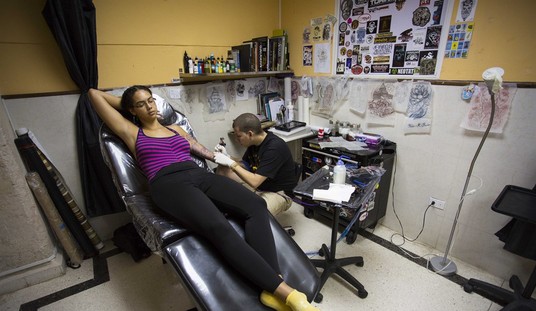When I was young I assumed that anything medicinal must be nasty to the taste. This assumption was partly the fruit of experience – medicines that were given to me were nasty to the taste – and partly attributable to the puritanical Zeitgeist in which I grew up, according to which anything that I enjoyed was morally suspect. It seemed to follow in my young mind that displeasure was therefore virtuous. Health, of course, was the natural reward of virtue, and disease of vice; hence nasty things were good for you. The logic is not strict, but it is understandable.
The unpleasantness of medicine, either to the taste or in side-effects, is one of the reasons, no doubt, for the poor compliance of patients with what doctors prescribe. Therefore, as the kitsch song puts it, a spoonful of sugar helps the medicine go down. But what if the spoonful of sugar should become the medicine itself? That would be a therapeutic revolution indeed.
Some Australian researchers decided to model what would happen if their patients at risk of cardiovascular disease ate dark chocolate regularly. It is important to remember that this study, reported recently in the British Medical Journal, was conducted purely in the realm of the imagination; reality might turn out to be very different.
The Australian doctors noticed that trials that have actually been performed have shown that the consumption of dark chocolate reduces patients’ high blood pressure and their concentration of low-density lipoproteins, both of which are risk factors for cardiovascular disease. The problem with these trials is that none of them lasted very long: 18 weeks at most. Whether the beneficial effects would have endured if the trials had continued for a longer period is not known. But, the Australian doctors asked, what if the beneficial effects did last as long as patients continued to take dark chocolate?
They produced a mathematical model of what would happen to their own patients at risk of cardiovascular disease if they took dark chocolate for medicinal purposes over a prolonged period. They worked out how many would have been expected to have fatal and non-fatal cardiovascular events (strokes and heart attacks) if they took no therapeutic chocolate; then they worked out how many would have fatal and non-fatal cardiovascular events if they took dark chocolate, on the presumption that the beneficial effects of that chocolate on high blood pressure and low-density lipoproteins persisted.
They came to the conclusion that, if compliance was 100%, a regime of dark chocolate taken for 10 years by 10,000 people at high risk of cardiovascular disease would prevent 15 fatal cardiovascular events and 70 non-fatal ones. If compliance was only 90 percent, the figures would be 10 and 60 respectively.
Of course, one must remember that this was a virtual trial, not a real one. As Goethe said, grey is theory, but green is the tree of life: in other words, full of surprises. It is possible that dark chocolate does not continue to exert a beneficial effect upon the risk factors for cardiovascular disease beyond 18 weeks. It is also possible that harmful effects of dark chocolate consumption would become evident after 18 weeks.
On the other hand, the dose of dark chocolate used in the trial seemed modest, costing only $50 a year. A higher does might have a greater effect. Perhaps dark chocolate is some kind of panacea, like aspirin.
That would overturn completely my prejudice that medicine should be nasty. I am not sure, in my heart of hearts, that I am ready for it. And then, of course, there is the question of chocolate prescribed on Medicare…









Join the conversation as a VIP Member